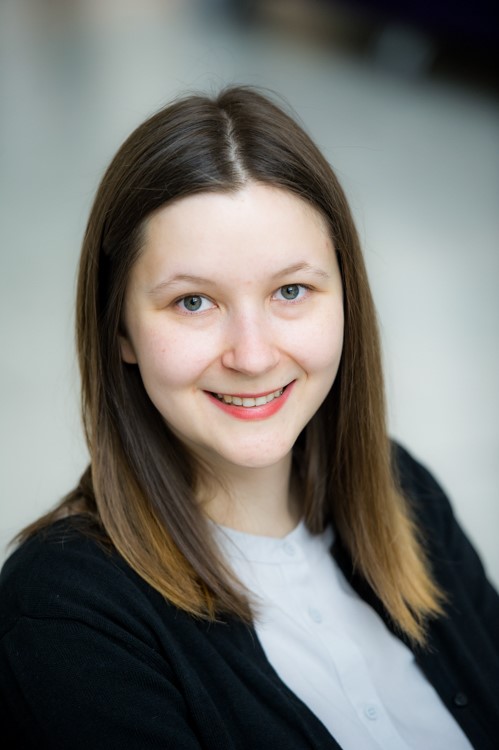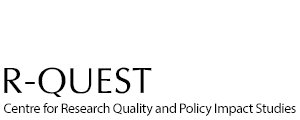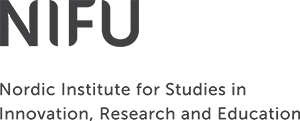The ‘Fields of Physics Experiment’ Update: Launching the Co-Nomination Questionnaire to Map Quantum Many-Body Physics of Ultracold Atoms
Figure 1 Heavy Favour Physics Co-Nomination Map (software used: Gephi 0.9.2)
This week, the ‘fields of physics experiment’ of R-Quest moves into its next phase by launching the first round of a ‘quantum many-body physics of ultracold atoms’ co-nomination survey. The experiment seeks to analyse the influence of intellectual and resource organisation in scientific fields on notions and conditions of research quality. To do this, three differently organised fields of physics are being mapped; quantum many-body physics is the second to be studied.
In the first phase a successful mapping of heavy flavour physics was undertaken (see the figure above). Now the experiment is moving to map the field of quantum many-body physics of ultracold atoms. This exciting and cutting-edge, multidisciplinary field of physics aims to analyse the behaviour of complex systems where many microscopic particles interact at quantum level, allowing various systems to be simulated and studied using ultracold quantum gases. Intellectually rooted in work of Richard Feynman, much experimental quantum simulation with ultracold atoms was enabled by the creation and characterisation of Bose-Einstein Condensate, in 1995 by Eric Cornell, Carl Wieman, Wolfgang Ketterle and others. They shared a Nobel Prize in 2001.
Similar to the first field that was mapped, heavy flavour physics, there seems to be a distinction between theory and experiment colleagues in the area of quantum many-body physics. The R-Quest team looks forward to seeing how this may be reflected in the influence maps from the survey. Also as with the field of heavy flavour physics, the team will discuss the network maps with specialists from the field. They will do this to explore how the maps reflect the field, and how they may differ from other approaches to field mapping, such as those constructed using citation indicators.
Background note:
This ‘fields of physics experiment’ attempts to map three research fields within physics with different intellectual and resource organisation. In 2017-2018 the team mapped the field of heavy flavour physics. Initial results from that first stage of the research project will be presented at the international EU-SPRI academic conference in June (here is the PDF of the programme). The survey to map quantum many-body physics of ultracold atoms is expected to run throughout Summer 2018.
[row]
[column col=”2″]  [/column]
[/column]
[column col=”10″]
Professor Maria Nedeva, Head of Science Dynamics Group and Professor of Science and Innovation Dynamics and Policy, University of Manchester (UK) and Professor of Science Policy, University of Lund (Sweden).
[/column]
[/row]
[row]
[column col=”2″]  [/column]
[/column]
[column col=”10″]
Dr Duncan Thomas, Lecturer / Assistant Professor (tenured) in Innovation Management and Policy
duncan.thomas@manchester.ac.uk
[/column]
[/row]
[row]
[column col=”2″]

[/column]
[column col=”10″]
Dr Maria Karaulova, Research Associate, R-QUEST
maria.karaulova@manchester.ac.uk
[/column]
[/row]

